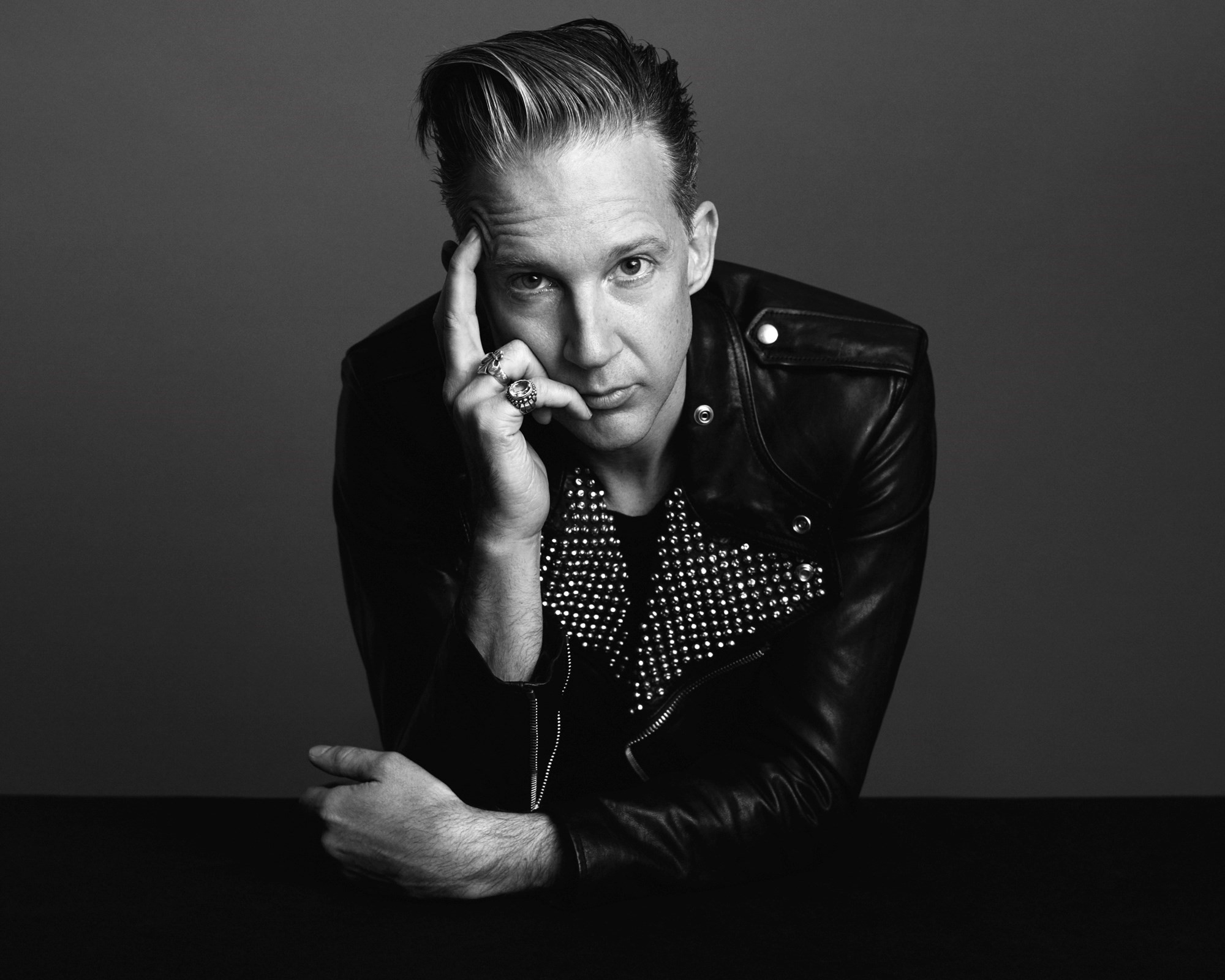In fashion, miracles can happen. I never thought that the fashion industry would be one of the world’s first responders to a global health crisis. An entire industry whose future is in question has put the needs of others first – it’s truly remarkable.
In the UK, Burberry has tasked its Yorkshire factories to produce thousands of non-surgical gowns and masks, donating to food-bank charities across the country and research into vaccines. In France, LVMH has committed to converting its fragrance factories to make 12 metric tonnes of hand sanitiser for 39 key hospitals, while Chanel, Balenciaga and Yves Saint Laurent have mobilised their workforces and partners to produce protective masks and overalls, with Kering itself donating millions of euros to support the fight against the virus. In Italy, Gucci and Prada are also producing masks and overalls, as well as donating ICU beds to hospitals. And in America, Ralph Lauren has donated $10 million through his foundation to coronavirus-related causes and made a sizable contribution to the CFDA/Vogue Fashion Fund to save designer business. The humanitarian aid goes further: Gucci, Valentino, and Armani have all made large donations to Covid-19 causes, and not just the brands, but also the CEOs and designers personally, like Valentino Garavani himself, Giancarlo Giammetti, Renzo Rosso, Donatella Versace and Marco Bizzarri. Fashion gets a hard time for being frivolous, but there is nothing frivolous about this scale of commitment to society.
I hear touching stories of students from UK fashion colleges with sewing machines at home engaged in making masks for the NHS. British designers like Phoebe English, Holly Fulton, Bethany Williams, Edeline Lee, Katie Ann McGuigan, Teatum Jones, Roberts Wood – who are all at risk of losing their businesses – have been contributing resources, working on mask and gown production in response to a British Fashion Council call-out for support.
The British fashion industry has always been at the forefront of social change and now, in this time of crisis, it is amazing to see how it is responding. Yet the industry itself is also in crisis. The BFC estimates that 35 percent of young designers in the UK will not make it past the next three months, and that over half of the industry could be wiped out by the end of the year, including the livelihoods of many creative freelance individuals – the photographers, stylists, hair stylists, make-up artists, art directors, the tailors and the young creatives who are the very essence of our country’s creative production; its life and soul.
International fashion is one giant ecosystem and the UK provides most of the world’s brands with game-changing creative talent. We are known for our first-rate colleges, our experimental approach to education, and our uncompromising attitude to fashion and style. From the high-profile, high fashion of Daniel Lee at Bottega Veneta, Clare Waight Keller at Givenchy, Jonathan Anderson at Loewe, Sarah Burton at Alexander McQueen and Kim Jones at Dior Men, to the chic ethics of Stella McCartney, the street style of Palace, the denim expertise of Rag & Bone, the eccentric tailoring of Paul Smith, the romance of Simone Rocha, the joyful celebration of femininity of Christopher Kane, and the social and political fire of designers like Grace Wales Bonner and Vivienne Westwood, our internationally recognised designers have always been about fashion as an expression of ideas – they understand that how we dress signals who we are, who we want to be, socially, politically, consciously. Our creativity is important because without it we cannot dream or imagine new futures. Without fashion we are literally naked, a nation without identity – so what will we be left with when the crisis is over?
I am writing this out of urgency as a call to save our industry, to save our creative fashion workforce and save our national identity. The BFC has launched the BFC Foundation Fashion Fund which I am hoping our government, with your signatures and support, will prioritise for urgent financing. I also ask that if you are a business owner, a designer, a creative agency, or a creative individual that you sign up to join the Creative Industries Federation for a free subscription so that the combined power of the creative industries of the UK, which contribute £111.7 billion to the economy, can be used to lobby government for a better income protection scheme for freelancers and the self-employed.
Fashion has never mattered more than it does now as part of the vital relief aid on the frontline of the fight against Covid-19. But alongside the humanitarian crisis, we must also recognise the very real economic crisis that has put our creative industries on a cliff-edge for survival. The implications for Culture with a capital C are devastating, but with your support, your action, the guidance of our industry bodies like the BFC and the CIF, and campaigns like AnOther Magazine’s #CultureIsNotCancelled, we can hopefully work together to preserve our country’s position as a world leader in creativity and cultural production.
Jefferson Hack is the CEO and co-founder of Dazed Media
